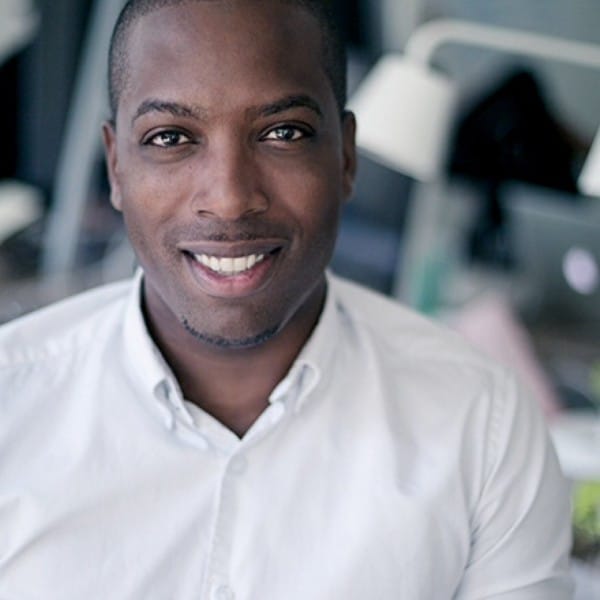After years of contributing to the diversity problem in tech, Google is stepping up and donating $775,000 to Code2040, a nonprofit that aims to boost diversity in the tech space.
It wasn’t long ago that Google was in the hot seat after the tech giant’s diversity report revealed a stunning lack of diversity among its employees. Reports indicated that only about 1 percent of Google’s employees were Black.
Well now Google is hoping to help foster diversity with a hefty donation that will allow Code2040 to launch a Technical Applicant Prep (TAP) program.
The program will give Black and Latino students access to the type of resources and tools they need to perfect their craft in the tech sphere. This is a major move for Code2040 because the lack of resources is one of the major factors keeping people of color out of the tech space, in addition to racially biased hiring processes and subconscious prejudices in the industry.
Code2040 has always operated on a platform that supports the idea that people of color can thrive in the tech space if they are given the resources and opportunity to do so.
In addition to allowing Code2040 to launch its TAP program, Google’s donation could have an even greater impact on the nonprofit.
Google is one of the most popular and most successful tech giants there is and its hefty donation is a major seal of approval of the Code2040 mission, which could easily help the nonprofit garner the attention of other major players in the tech field.
People are also hoping that it will encourage other major tech companies to make diversity a priority.
To be clear, Google certainly isn’t the first major tech company to dedicate a large amount of money to helping the diversity mission.
Intel recently announced a plan to spend $300 million to improve workplace diversity and invest in other diversity-boosting initiatives, programs and nonprofits over the course of several years.
Apple was also a major giant behind the Hour of Code, which provided free coding classes to young people all across the globe. Apple has also recently surfaced as a leader in hiring more Blacks and Latinos than the other major competing tech giants.
While Google, Twitter, Facebook and Yahoo all had workforces that weren’t even 10 percent Black and Hispanic, Apple boosted its number of Black and Latino workers to 18 percent.
That percentage is still low and not representative of the actual number of Blacks and Latinos in the tech space, but it is certainly a vast improvement for the company and a much better score than the numbers presented by its competitors.
For now, Blerds are hopeful that Google’s donation is also a sign that the company will be opening its own doors to more Black and Latino employees.
As for Code2040, the nonprofit will also be launching a residency program for tech entrepreneur hopefuls.
The “entrepreneur-in-residence” program will kick off in three pilot cities—Austin, Texas; Durham, North Carolina, and Chicago.
While these residents will receive roughly $40,000 in seed money from the nonprofit, Code2040 will not take any equity from the businesses.



